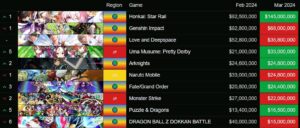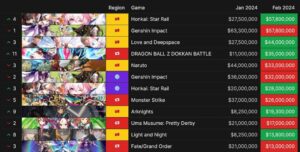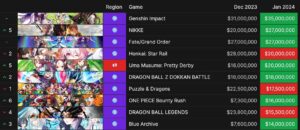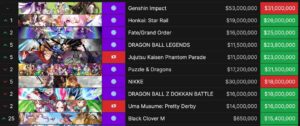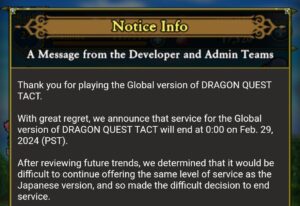Table of Contents
Introduction
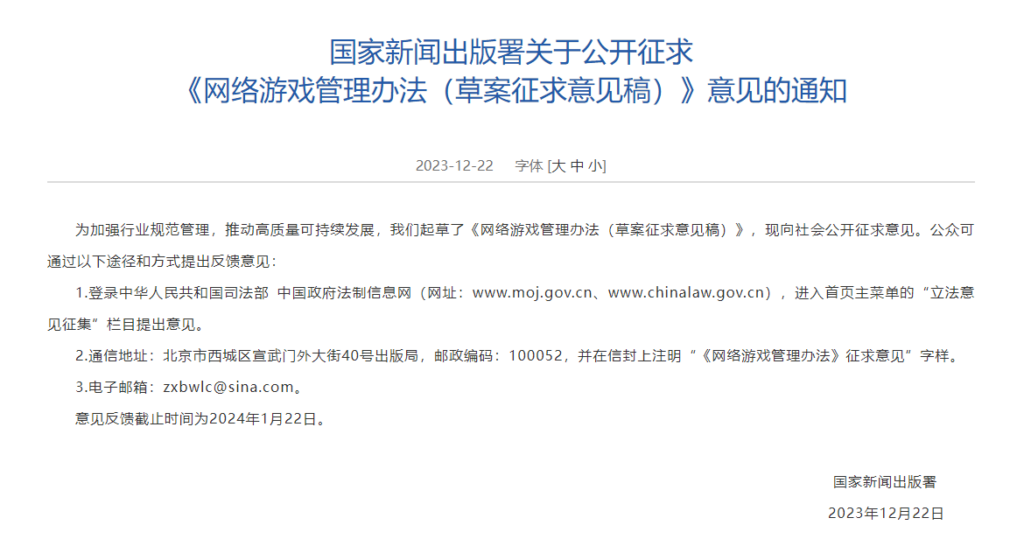
China's rapidly growing online gaming industry is on the verge of a paradigm shift as the National Press and Publication Administration (NPPA) introduces draft regulations targeting "excessive use and high expenditure" in games. This comprehensive initiative, dubbed the "Gaming Curfew," is set to redefine how games are played and monetized, creating ripples of change throughout the gaming ecosystem, affecting developers, publishers, and gamers alike.
Understanding China's New Drafted Law
The proposed regulations are designed to curb in-game spending and safeguard minors from gaming addiction. Seeking public feedback, the National Press and Publication Administration's draft regulations outline specific restrictions on in-game practices that encourage excessive spending, particularly among minors. Key measures include:
- Prohibition of inducement rewards: Daily login bonuses, first-time recharge rewards, and consecutive recharge rewards are forbidden.
- Crackdown on high-priced virtual item trading: Facilitating or allowing exorbitant transactions involving virtual items through hype or auction is prohibited.
- Mandatory user spending limits: Online games must implement user recharge limits and transparently disclose them in their service rules.
- Stricter controls on minor access and playtime: Game publishers must enforce stricter controls on the time periods and durations for which minors can access online games.
- Robust anti-addiction measures: Game publishers are required to establish and maintain comprehensive anti-addiction measures to prevent excessive play among minors.
Regulatory Aims and Benefits
These regulations aim to address issues within the online gaming market and protect the well-being of minors by:
- Curbing excessive spending: Banning inducement rewards discourages developers from promoting spending beyond players' means.
- Combating predatory practices: Restrictions on high-priced virtual item trading prevent publishers from profiting off exploitative transactions.
- Protecting minors: Stricter controls on access and playtime prevent minors from developing unhealthy gaming habits.
- Promoting responsible gaming: Robust anti-addiction measures guide minors toward healthy and balanced online gaming habits.
Embracing a Healthier Gaming Landscape
The new regulations are set to reshape the gaming environment in several ways:
- No More Freebies: Daily login bonuses, first-time purchase incentives, and continuous recharge rewards are eliminated, disrupting the addictive loop of "one more login" and impulsive spending.
- Taming the Gacha Beast: Developers must ensure "reasonable" drop rates and provide direct purchase options, potentially ending the gamble for coveted in-game items.
- Open-World Peace Treaty: Forced PvP, where players are attacked without consent, is banned, creating a safer space for casual players.
- Parental Control 2.0: Under-18s are shielded from gacha gambling, and real-world ID verification puts parents in control, fostering responsible gaming habits.
Regulatory Impact on Tech Giants
The recent regulatory storm in Hong Kong's tech sector has triggered a notable market downturn. In response to China's regulatory measures targeting in-game spending and content, industry giants Tencent and NetEase experienced substantial market value declines of 12% and 25%, respectively.
A relentless wave of regulations battered Hong Kong's tech sector, resulting in a pronounced market decline. The Hang Seng Tech Index plummeted by 4.4%, marking its most significant single-day drop since February 10th.
Players Celebrate
On one side stand those who celebrate the crackdown's potential to curb exploitative practices. Loot boxes, pay-to-win mechanics, and predatory monetization schemes have long plagued the industry, draining wallets and fostering unhealthy spending habits. The new regulations, with their caps on in-game spending and restrictions on manipulative tactics, promise a fairer playing field, prioritizing genuine enjoyment over ruthless profit extraction.
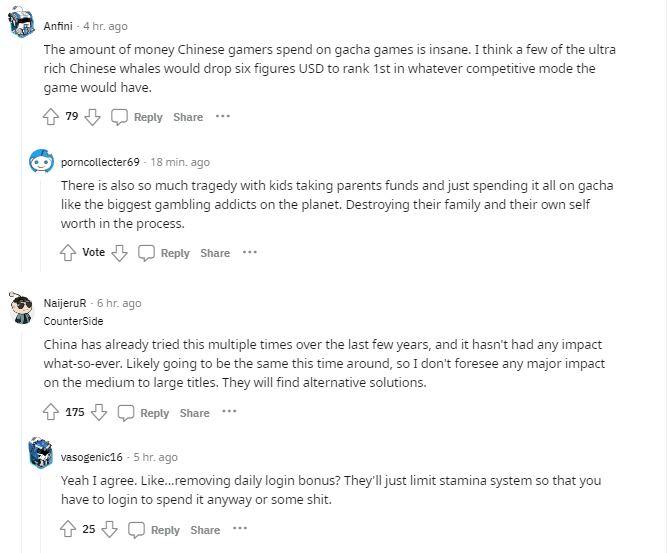
Guardians of Freedom
However, not all perspectives on the crackdown are optimistic. There are concerns about the potential overreach of government regulation, with fears that it might curtail creativity and restrict player choice. The specter of a homogenized and sanitized gaming landscape, meticulously controlled, casts a significant shadow. Worries extend to unintended consequences, including the possibility of developers being constrained in their efforts to innovate within stringent limitations. Furthermore, concerns arise regarding the definition of "predatory" practices, sparking fears of subjective interpretations and arbitrary enforcement. Could innocuous in-app purchases or enjoyable PvP matches inadvertently become casualties of an excessively zealous crackdown?
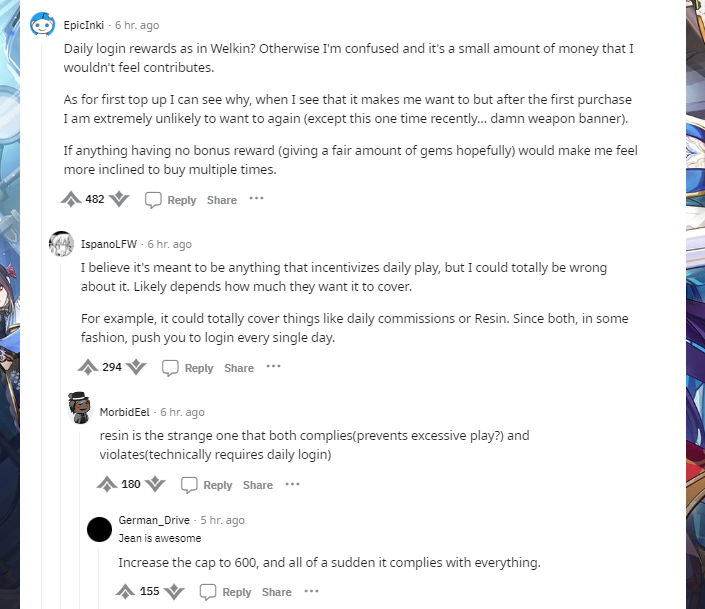
Seeking Equilibrium
Finding the right balance between player protection and creative freedom is essential. Vigilance is crucial to ensure genuine player empowerment, not just state-sanctioned control. Open dialogue and collaboration between regulators, developers, and gamers are vital to navigate this regulatory landscape successfully.
Where can we get the news source?
- https://www.nppa.gov.cn/xxfb/tzgs/202312/t20231221_823187.html
- https://www.nppa.gov.cn/xxfb/tzgs/202312/P020231221577145544295.docx
Closing
As China's online gaming industry undergoes a radical transformation, the proposed regulations represent a significant step toward a more responsible and ethical gaming landscape. Prioritizing player well-being and safeguarding against predatory practices, their implementation holds the potential to usher in a new era of healthy and sustainable gaming experiences for all.




